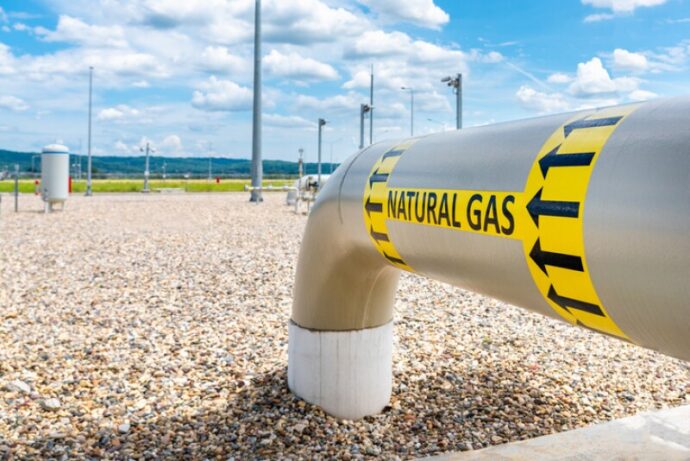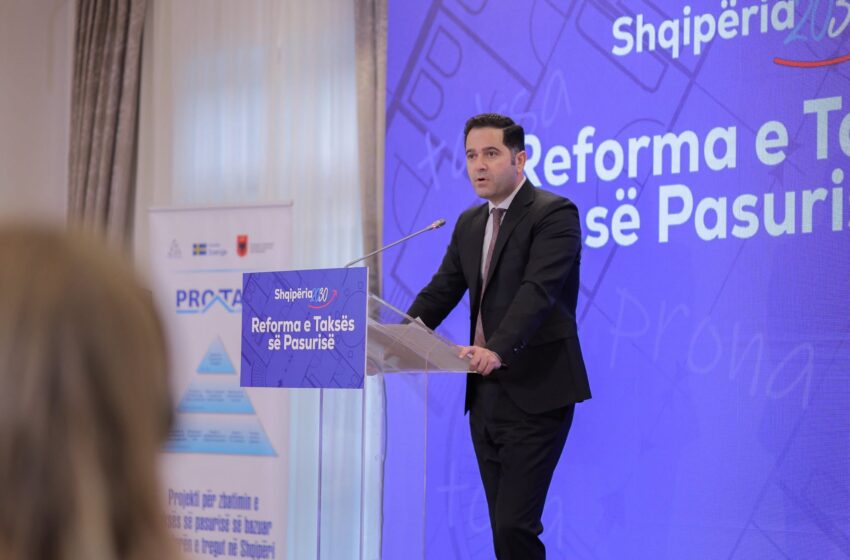€93 million for natural gas, two key projects in Albania get green light

The Western Balkans Investment Framework (WBIF) has approved financing for two natural gas projects in Albania, with support from international donors and development banks.
Why is this important: Albania, along with Kosovo and Montenegro, remains one of the few countries in Europe not connected to cross-border gas transmission systems. These investments aim to modernize Albania’s outdated gas infrastructure, reduce dependence on imports, and boost energy security.
Context: According to a report in The Monitor, the projects are the “Underground Natural Gas Storage in Dumre,” with a cost of €75.3 million, and the “Fier–Vlora Gas Transmission Line,” estimated at €17.4 million. Both are expected to be developed over the next four years, with completion targeted around 2030.
According to WBIF, the Dumre underground storage project will strengthen Albania’s long-term gas system by securing supplies through a new storage facility. It will complement imports from the Middle East and Caspian Region via the Trans Adriatic Pipeline (TAP). This could provide backup power capacity outside peak hours and balance hydropower shortages in unfavorable conditions.
The Dumre facility would also allow the construction of gas-powered plants. If operational by 2030, Albania could eliminate electricity imports and even generate surplus capacity for export.
The second project, Fier–Vlora, involves a 40 km natural gas pipeline connecting the Vlora Thermal Power Plant with TAP. The Vlora plant will be converted to run on natural gas instead of oil, reducing costs and environmental impact.
What else: Albania’s gas sector has been in continuous decline: from domestic production of 1 billion cubic meters in 1982 to just 0.01 billion cubic meters in recent years. Most pipelines are old and in poor condition, with only the renovated Delvinë–Ballsh line operational.
Next steps: Preparations are underway, with both projects in early stages. If implemented on schedule, they could reshape Albania’s energy sector by 2030. The main challenge remains whether sufficient investment will follow to bring gas to market and sustain the economic viability of these projects.


